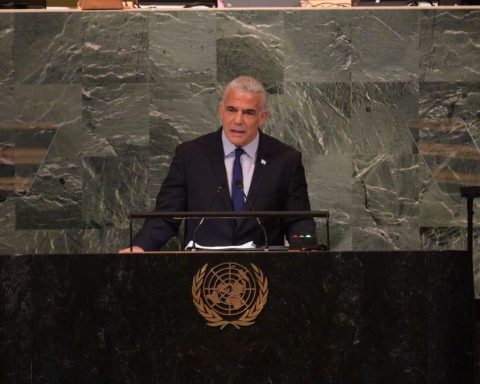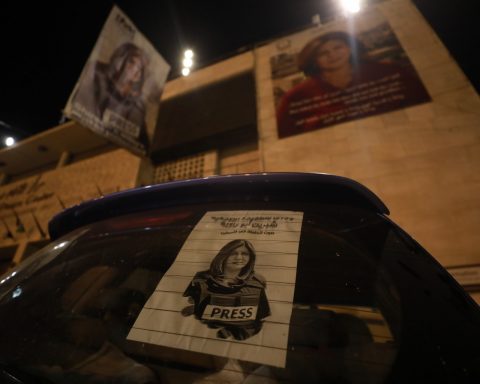Booking.com’s announcement last month that it would label Israeli settlements in the occupied West Bank as “occupied territory” and warn of “an increased risk to safety and human rights” was applauded as part of a growing international consensus that businesses should not ignore the occupation of Palestinian land.
However, it was not a surprise when, on September 30, the company reversed course, as other businesses have done.
Instead, in response to pressure from the Israeli government, the Dutch company, one of the world’s largest digital travel companies, has replaced “occupied” with “conflict-affected” and affixed warning banners to Israeli and Palestinian properties in the occupied West Bank.
“Please check any travel advisories supplied by your government to make an educated decision regarding your stay in this conflict-affected area,” the company’s website states.
The warnings are intended “to ensure that consumers have the knowledge they need to make educated decisions about locations they are considering, which may be classified as conflict-affected countries and which may pose dangers to tourists,” according to Bookings.com.
The cautions do not appear on houses in Israel-annexed East Jerusalem or the Golan Heights, both of which, like the West Bank, were taken by Israel in the 1967 War and remain occupied.
According to international law, Jewish settlements in the occupied Palestinian areas and the Syrian Golan Heights are unlawful.
Susan Power, the director of legal research and advocacy for the Palestinian rights organization al-Haq, asserts that firms such as Booking.com benefit from war crimes and the continuance of Israel’s settlement project in the occupied Palestinian territories.














